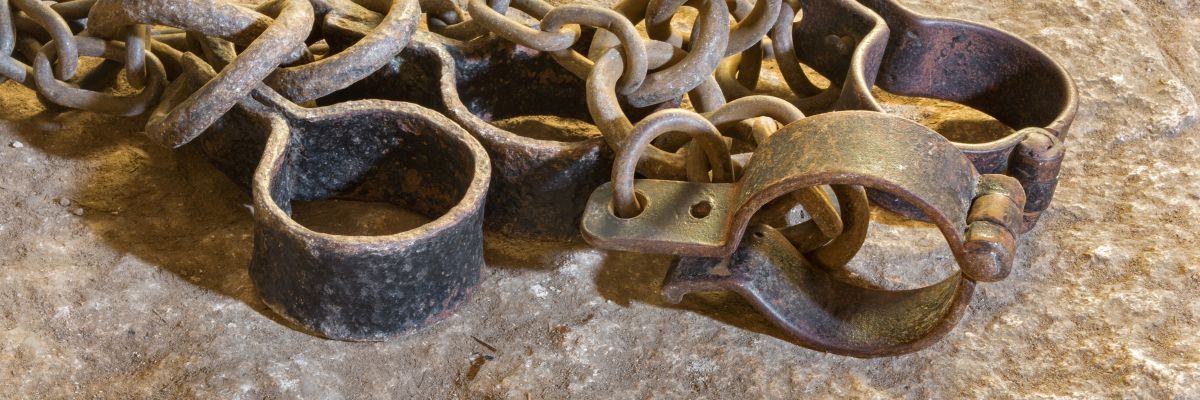
Question:
Answer:
Actually, the Bible promotes an ethic of equality and mercy to the downtrodden, including those who were enslaved in the ancient world.
Some might counter and cite St. Paul’s Letter to the Ephesians:
Slaves, be obedient to those who are your earthly masters, with fear and trembling, in singleness of heart, as to Christ; not in the way of eye-service, as men-pleasers, but as servants of Christ, doing the will of God from the heart, rendering service with a good will as to the Lord and not to men, knowing that whatever good any one does, he will receive the same again from the Lord, whether he is a slave or free (Eph. 6:5-8).
In short, Paul didn’t want to give slaves a false hope of being freed and risk further suffering and even death by rebelling against their slave masters.
Paul was more concerned about people being enslaved to sin than their being enslaved to other people. This attitude parallels Jesus’ warning that sinners become “slaves to sin” (John 8:34), as well as his exhortation to fear the one who can kill the body and the soul in hell and not just the one who can kill the body (see Matt. 10:28).
So Paul’s biggest concern was slaves’ eternal emancipation from sin in gaining heaven. At yet, Paul was also concerned about the impact of human slavery on earth. For more on that issue and additional analysis of biblical passages, please see our article on the subject.



